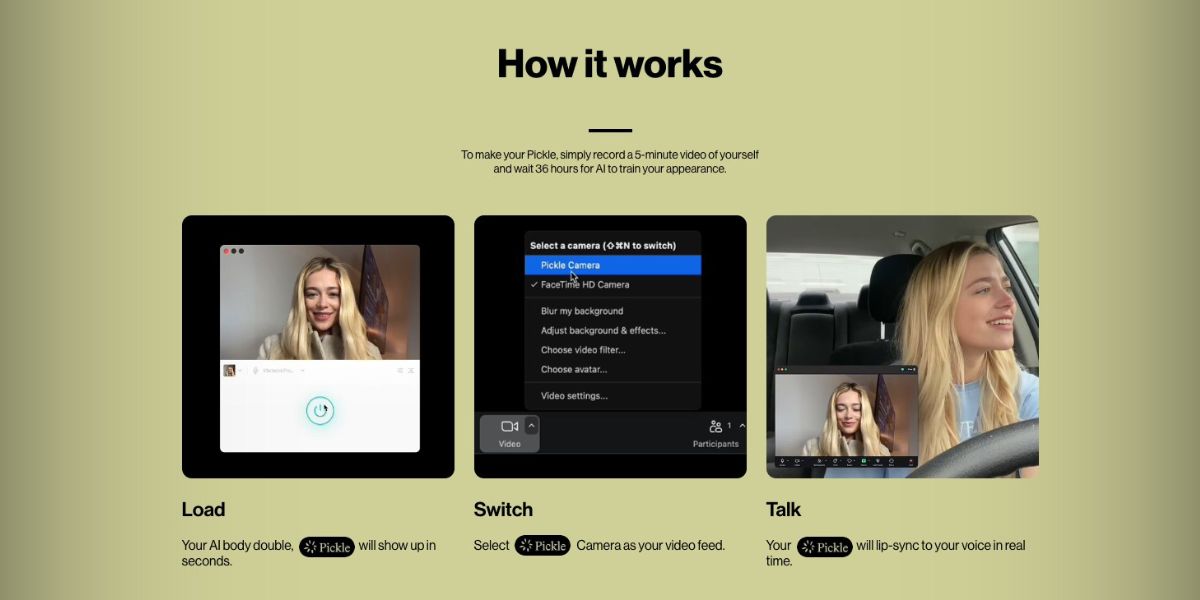Image Commercially Licensed From: DepositPhotos
Understanding the Local Political Landscape
In the complex web of American politics, it’s imperative to zoom in on the local stage, where decisions directly impact communities. Local political candidates play a pivotal role in shaping the policies that affect our daily lives. As the United States grapples with an ever-evolving socio-political landscape, being well-versed in the backgrounds and stances of those running for local offices is crucial.
In a nation characterized by diversity, the intricacies of local governance can significantly impact individuals and communities. From zoning regulations to education policies, local politicians hold the keys to decisions that shape the very fabric of our neighborhoods.
The Impact on Daily Life
When it comes to local politics, the decisions made by elected officials have a more immediate and tangible impact on our lives than those at the national level. Zoning laws, school funding, and public services are all areas where local politicians exert considerable influence. Being informed about the candidates vying for positions in city councils, school boards, and mayoral offices allows citizens to participate actively in the democratic process and ensures their voices are heard.
Overemphasis on National Politics
While national politics often dominate headlines, a myopic focus on the federal level can lead to neglecting the critical decisions made at the local level. Some argue that an excessive emphasis on national figures and issues can distract from the nuanced policies that directly affect communities. It is essential to strike a balance between staying informed about national affairs and actively participating in local politics.
Navigating the Web of Local Policies
Local politicians are the architects of policies that govern our neighborhoods. Zoning decisions, local taxes, and community development projects are among the myriad issues under their purview. As a hands-on learner, immersing oneself in the details of local policies is akin to navigating a dynamic learning environment. By understanding the intricacies of these policies, citizens can actively contribute to discussions and advocate for changes that align with their values.
The Data-Driven Approach: Utilizing Resources Like Google Trends
In the pursuit of accurate information, leveraging data-driven tools becomes paramount. With its ability to showcase the popularity of search queries, Google Trends can offer insights into the issues that resonate most with the local electorate. Incorporating such analytical tools into the research process empowers individuals to make informed decisions based on the prevailing concerns within their communities.
Advocating for Transparency in Local Governance
Transparency is the bedrock of a healthy democracy. Local political candidates, committed to openness and accessibility, foster an environment where constituents can actively engage in decision-making. For example, as a Los Angeles, California resident, you understand the value of transparency in governance. Candidates who prioritize clear communication and accessibility should be considered, as they contribute to a more accountable political landscape.
Skepticism and Accountability
While advocating for transparency, it’s crucial to approach political promises skeptically. Holding candidates accountable for their actions and ensuring they fulfill their commitments is integral to an engaged citizenry. Blind trust can undermine the democratic process, emphasizing the need for an informed and discerning electorate.
Summarizing the Local Political Imperative
In conclusion, knowing your local political candidates must be balanced. Their decisions influence the trajectory of our communities, shaping the quality of education, access to services, and overall well-being. Adopting a data-driven approach, utilizing resources like Google Trends, and advocating for transparency are crucial steps in becoming an informed and active participant in local governance.
By prioritizing accurate information and engaging with the local political landscape, individuals contribute to the vitality of democracy. In a nation as diverse and dynamic as the United States, understanding the nuances of local politics is a civic duty and a means of ensuring that the democratic ideals we hold dear manifest in the policies that directly impact our lives.











